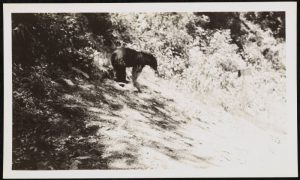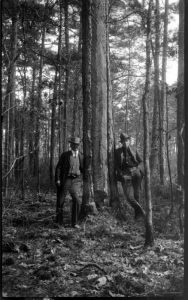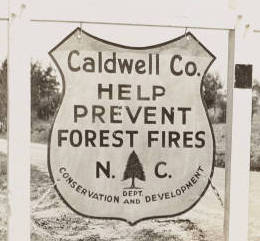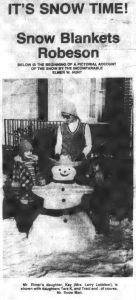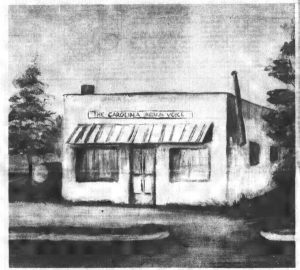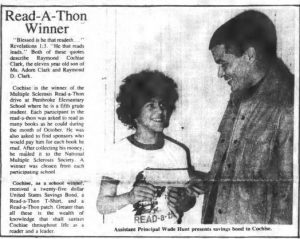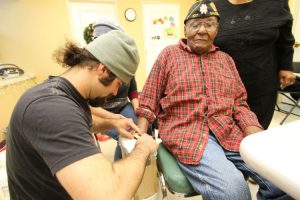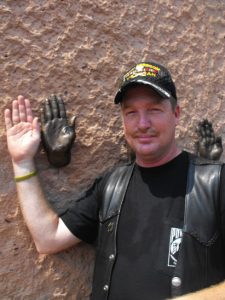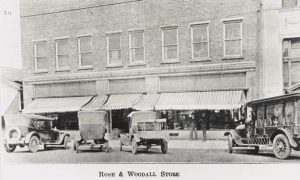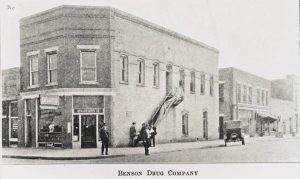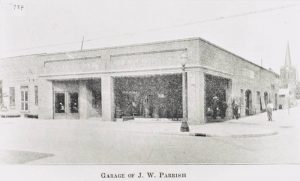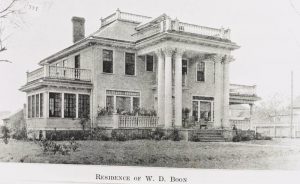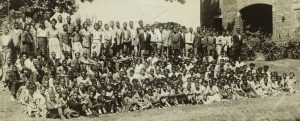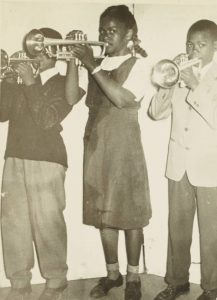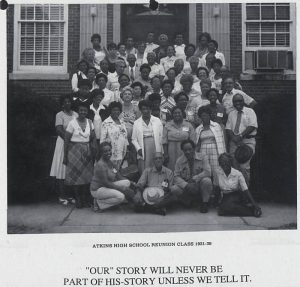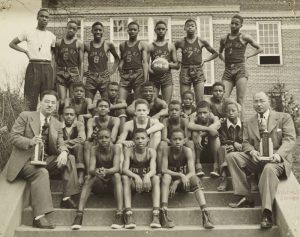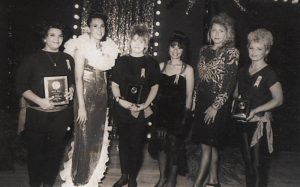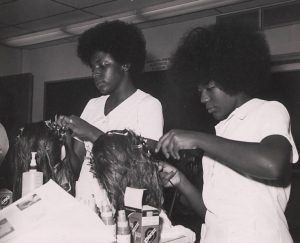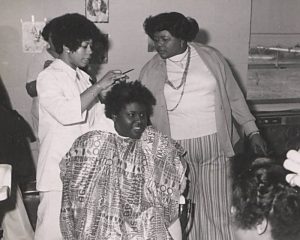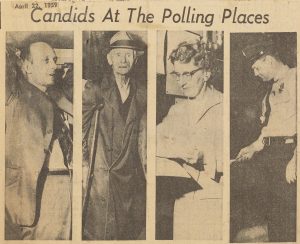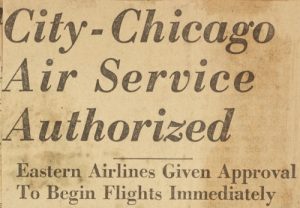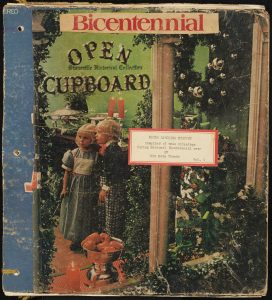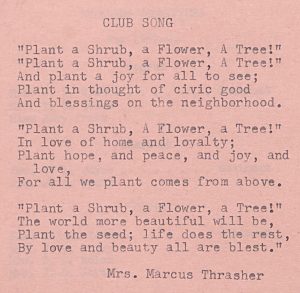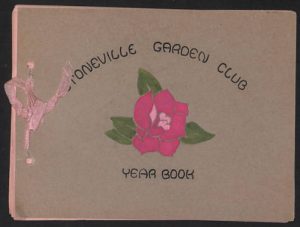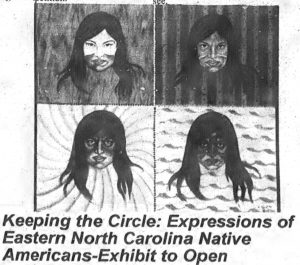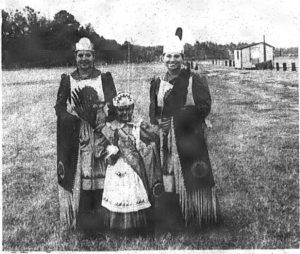
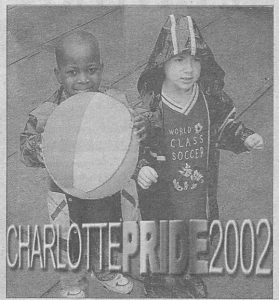
Youngsters at Charlotte Pride 2002 as seen in the May 25, 2002 issue of Q-notes
More issues of the newspaper Q-notes, provided by our partner the University of North Carolina at Charlotte, are now up on DigitalNC. These new issues cover the years 1997-2004 and join previously digitized issues from 1986-1996.
Q-notes is a newspaper that serves the LGBT community of Charlotte as well as the greater LGBT community in the state of North Carolina. Over the years that have been digitized, Q-notes grew as a publication from an 8 page newspaper published once a month to a 40 page paper published every two weeks. Currently Q-notes is published both online and in print form.
With the expansion of the publication, Q-notes was able to tackle more content ranging from coverage of local events, news stories, and advertisements to national and international news stories and features. The late ’90s and early ’00s was a time of many changes for the United Sates LGBT community, and Q-notes articles reported on the changing attitudes and experiences surrounding LGBT culture.
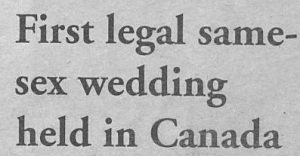
Headline from the January 20, 2001 issue of Q-notes
Q-notes was able to report many firsts. The first legal same-sex wedding in Canada was held in 2001, followed by the first legal same-sex wedding in the United states in 2004. In 2001, the first openly gay soldier completed his term of service in the United States Army Reserves despite facing potential discharge. LGBT centers opened up throughout the state of North Carolina and there were many pride festivals, marches, and demonstrations on both local and national levels.

Headline from the January 22, 2000 issue of Q-notes.
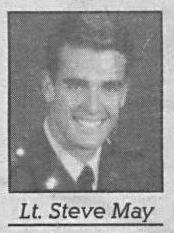
Lt. Steve May, the first openly gay soldier to complete his army term of service as seen in the April 28, 2001 issue of Q-notes
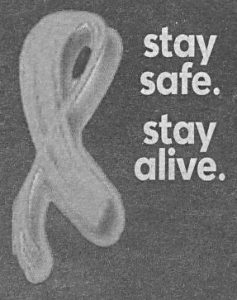
From an article on Wold AIDS Day in the November 23, 2002 Q-notes
In addition to these achievements, articles from this batch of Q-notes also reported on discrimination and violence that LGBT community members continued and still continue to face. These issues often played out in the arena of politics. Q-notes kept a close eye on the 2000 US presidential election and reported on both overtures and discouraging comments made to and about the LGBT community by candidates. Local politics were also covered, with Q-notes reporting on local elections, giving endorsements to candidates, and identifying local issues that would be of interest to Q-notes readers.
During this time Q-notes also continued to report on the AIDS crisis. Although by the end of the ’90s new AIDS diagnoses were decreasing, many LGBT individuals and the LGBT community continued to be affected. Awareness campaigns were championed by Q-notes, and articles intended to reduce stigma surrounding both the disease and ideas of safe sex were published.
Though turbulent times for the LGBT community, Q-notes continued to promote spaces where LGBT individuals could feel safe, comfortable, and have fun. Monthly event calendars and coverage of community activities remained strong throughout the years. With more pages in Q-notes, a regular culture section was established. Fun advertisements continued to permeate the pages, both from business specifically catering to the LGBT community, and increasingly from larger national companies.
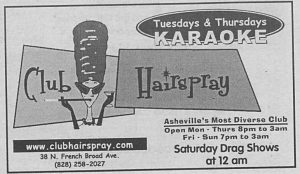
An advertisement from the December 7, 2002 Q-notes
To browse all of the digitized issues of Q-notes click here. To learn more about the University of North Carolina at Charlotte visit their website, or check out their partner page to see previously digitized materials. To see more recent issues of Q-notes, visit the Q-notes website.
